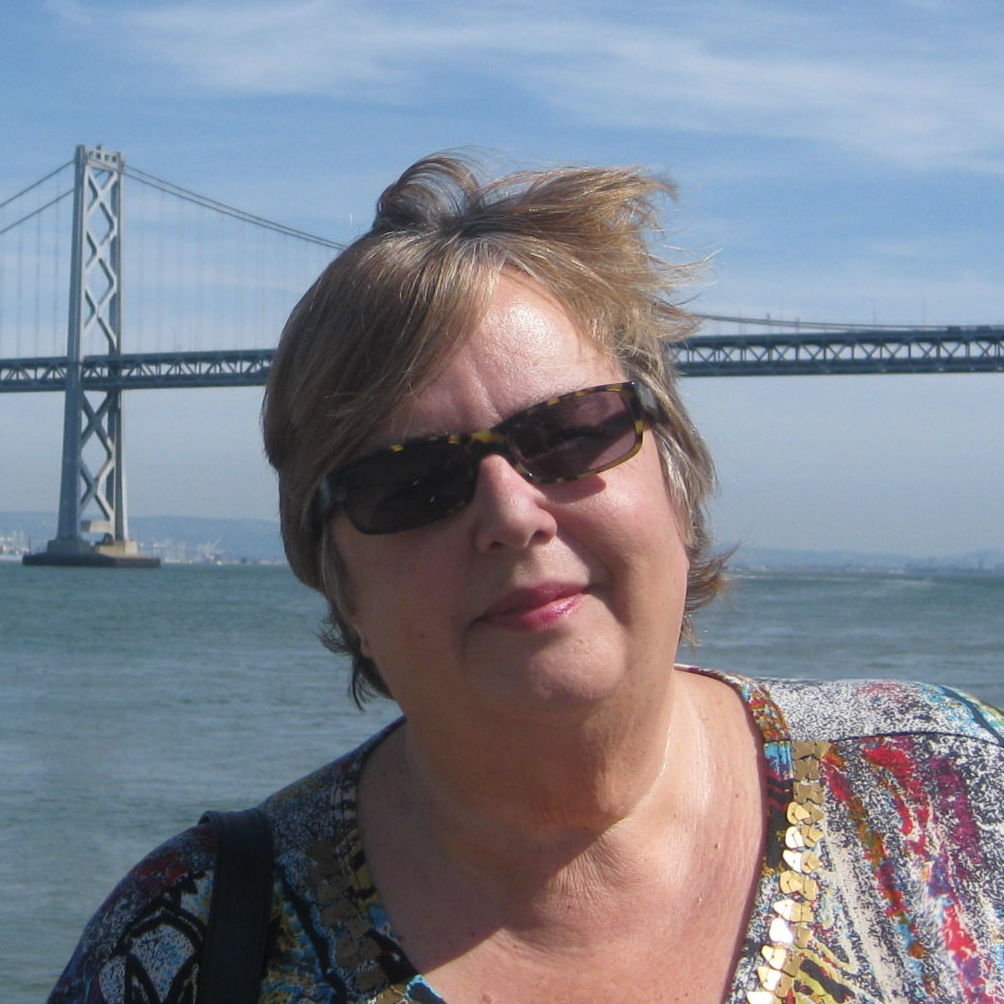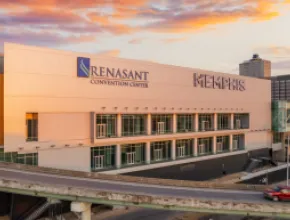Hawaii, the most isolated island chain on Earth, is an especially fragile environment, one where respect for the local culture and physical landscape is a growing priority. As a result, groups will find numerous ways to engage in CSR activities that not only benefit Hawaii, but themselves.
“We really want to make CSR more accessible for groups; ways that they can do things like get out into a taro patch or help rebuild a fish pond,” said Kainoa Daines, cultural advisor for the Hawaii Visitors & Convention Bureau (HVCB) and director of sales for its Oahu chapter. “We’re seeing more meeting planners asking for these opportunities.”
Meet Hawaii, HVCB’s meetings division, offers a list of CSR resources for planners on its website (www.meethawaii.com), a service that is set to expand. Daines is spearheading the development of an extensive statewide CSR program, expected to launch in the near future.
“We’re looking at the needs of the community and how they fit in with this,” he said. “We’re asking how many people can they accommodate for activities, what kind of infrastructure is there. We expect to have information out in a brochure and online.”
Daines recently organized a CSR outing for staff members of the Oahu Visitors Bureau to a taro farm to learn about its operation and help with planting efforts.
“Some of the staff are not from Hawaii and they were so moved to go to the farm, connect with people and learn about the significance of taro to Hawaiian culture,” Daines said. “The best kind of CSR program is where you meet local people. It makes visitors want to come back to Hawaii and reconnect. We’re seeing more meeting planners asking for these opportunities.”
At the Maui Visitors Bureau (MVB), the Malama Maui Nui campaign, a public relations effort, was launched several years ago to encourage visitors to Maui, Molokai and Lanai to appreciate and help preserve the local culture and environment.
This type of travel has been called agritourism or ecotourism, yet Malama Maui reaches beyond these labels, asking visitors to experience what most Maui residents value above all—aloha aina, or love of the island, according to a MVB spokesperson.
At the hotel level, many properties throughout the islands offer opportunities for meeting attendees and other guests to engage in local culture and volunteer projects. A new CSR teambuilding program at the Hyatt Regency Waikiki Beach Resort and Spa can be booked through renowned musician Kuuipo Kumukahi, manager of Hawaiian culture and community relations, includes a tree-planting activity at a rehabilitation center where gardening and reforestation are part of the treatment process.
Environmental sustainability is a focus at resorts such as Aulani: A Disney Resort & Spa on Oahu, which in 2013 became the first LEED-certified resort in Hawaii, recognized for such features as “cool roof” technology, which reflects the infrared spectrum back into the atmosphere, reducing the roof temperature and helping to keep buildings cool. Aulani also maintains strong relationships with local schools, featuring student artwork in its public spaces, including a photo collage behind the front desk.
Hualalai, a resort community on the Kona-Kohala Coast of Hawaii Island that includes the Four Seasons Resort Hualalai, recently took new conservancy measures that include using traditional Hawaiian practices in maintaining a wetlands ecosystem teeming with native fish, plants and wildlife. Behind-the-scenes tours with David Chai, director of natural resources, can be arranged for groups.
The Hawaii Convention Center, which already has extensive sustainability practices, recently joined Biki, a new bikeshare program that features 100 stops around Oahu, by installing a Biki Stop with bikes for attendees to use for getting around the area.
Pacific Whale Foundation
A growing number of nonprofit organizations are providing CSR activities. Among them is the Pacific Whale Foundation, a Maui-based international research organization founded in 1980 with the mission of saving whales from extinction. Along with providing whale-watching excursions for visitors, the foundation also offers a Volunteering on Vacation program where visitors participate in weekly group activities such as a beach cleanup or clearing invasive plants. Along with working, visitors learn about the history and ecology of the natural areas from local experts.
“We’re in the works of launching an official CSR package for groups—in the past we’ve done beach cleanup with groups from Dell computers and Tito’s Handmade Vodka,” said Jens Currie, head of conservation programs. “It’s something that people feel good about—they’re often shocked at how much debris they remove and they can see how they’ve made a difference.”
Not only do the beaches get cleaned, but the activities contribute to the foundation’s environmental research efforts, according to Currie.
“We analyze the types of debris being left on the beaches and use this data to get legislation passed to prevent it,” he said. “For example, a ban on Styrofoam was recently passed on Maui after the council learned how much of it is actually turning up on beaches.”
The foundation’s CSR activities can last anywhere from an hour to a full day and can be combined with a whale-watching excursion. Among options besides beach cleanup is the chance to visit Haleakala National Park with a naturalist, helping to clear invasive plant species in areas of the park normally closed to visitors. The full-day activity includes lunch and the chance to savor sunset views that stretch all the way to Hawaii Island.
Case Studies
Many CSR activities in Hawaii are available through local DMCs such as Kathy Clarke Hawaii, which has long facilitated programs to benefit local schools and culturally significant sites such as Hawaiian fish ponds. Among recent programs was an outing to Hanalei School on Kauai where participants from Belden Inc., built rock borders for the school, painted play areas, donated schoolyard maintenance equipment and expanded a vegetable garden used to feed students during the school year.
“Schools in Hawaii get funds according to how many students they have, so small public schools in rural places like Hanalei are often under-funded,” said owner Kathy Clarke. “They can really benefit from projects like this.”
In a recent large program on Oahu for 350 participants from a New Zealand company, the DMC arranged for half of the group to help restore an ancient Hawaiian fish pond by clearing mangroves and repairing a rock wall. The other half went to a state park where they helped build a children’s learning center and adjacent picnic area.
Other past programs with Kathy Clarke include volunteering at the Hawaii Wildlife Sanctuary on Hawaii Island, which rehabilitates oil-damaged birds and other injured wildlife. In another case, a group donated money to purchase ukuleles for a school music program and were then treated to a surprise ukulele concert by the kids who had received them.
“The results often bring experiences you can’t buy,” Clarke said. “We try to keep things customized with programs spread around the community. You want to share the wealth.”







